All Stories
-
 Science & Society
Science & SocietyAnalysis finds gender bias in peer-reviewer picks
The peer-review process aims to avoid bias, but it turns out there’s gender bias in who is picked to review the papers.
-
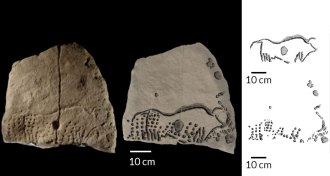 Archaeology
ArchaeologyCow carved in stone paints picture of Europe’s early human culture
Stone Age engraving helps to illuminate European travels of an ancient human culture.
By Bruce Bower -
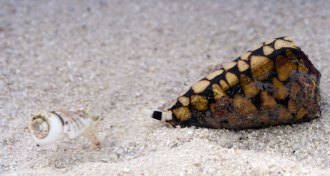 Oceans
OceansCone snails wander in circles, lose focus with boosted CO2
Deadly cone snails wander in circles and become less capable hunters when exposed to higher levels of carbon dioxide in seawater.
-
 Oceans
OceansCone snails wander in circles, lose focus with boosted CO2
Deadly cone snails wander in circles and become less capable hunters when exposed to higher levels of carbon dioxide in seawater.
-
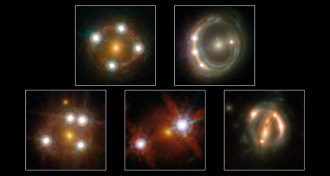 Cosmology
CosmologyNew data fuel debate on universe’s expansion rate
Quasar observations add to discrepancy in measurements of the universe’s expansion speed.
-
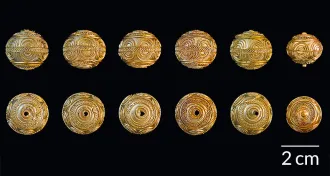 Archaeology
ArchaeologyIron Age secrets exhumed from riches-filled crypt
Wealthy woman’s 2,600-year-old grave highlights Central Europe’s early Iron Age links to Mediterranean societies.
By Bruce Bower -
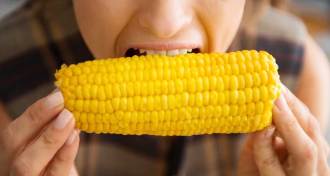 Neuroscience
NeuroscienceIf chewing sounds irk you, blame your brain
People who find chewing and slurping sounds annoying have structural differences in their brains.
-
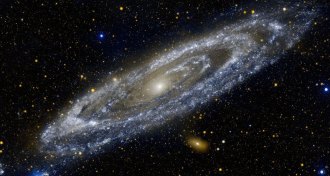 Astronomy
AstronomyIn 20th century, astronomers opened their minds to gazillions of galaxies
Telescopes in the U.S. West opened astronomers’ eyes to a vast, expanding universe containing countless galaxies.
-
 Health & Medicine
Health & MedicineE-cigarette smoking linked to heart disease risk
Two indicators of heart disease risk were elevated for users of e-cigarettes in small-scale study.
-
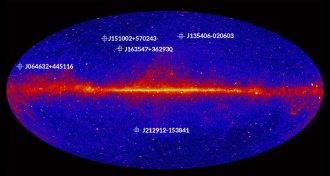 Astronomy
AstronomyFive gamma-ray blazars set new distance record
Intensely bright galaxies are the farthest blazars ever detected in gamma rays.
-
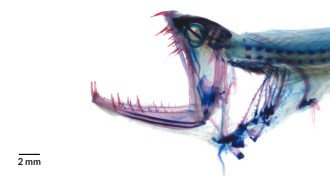 Animals
AnimalsDragonfish opens wide with flex neck joint
New study reveals anatomical secrets of mysterious deep ocean fish.
-
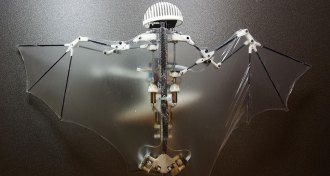 Tech
TechBat robot takes wing
Unlike other aerial robots that use whirling rotor blades to fly, the Bat Bot relies on soft, silicone-based wings to glide, swoop and turn.
By Meghan Rosen